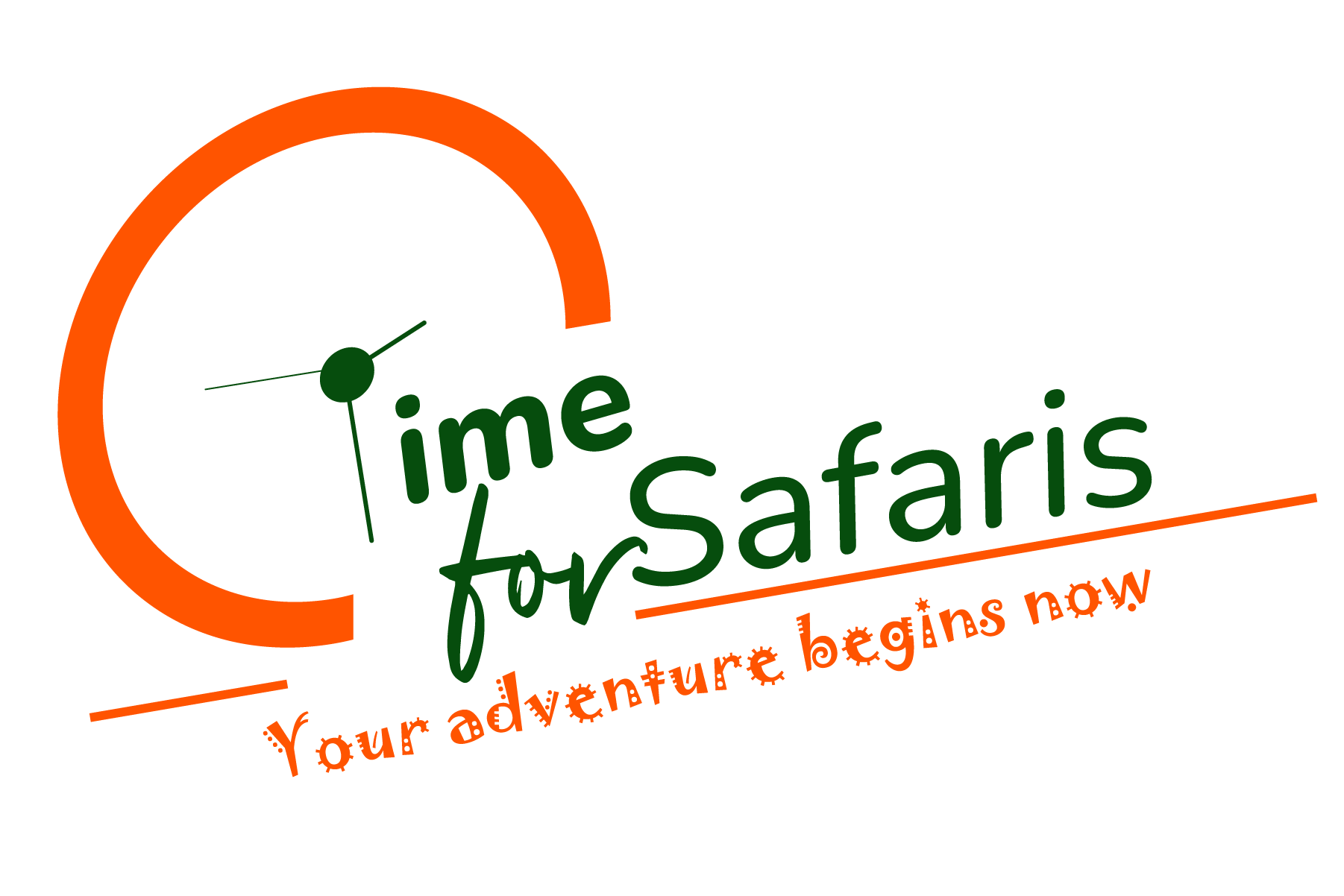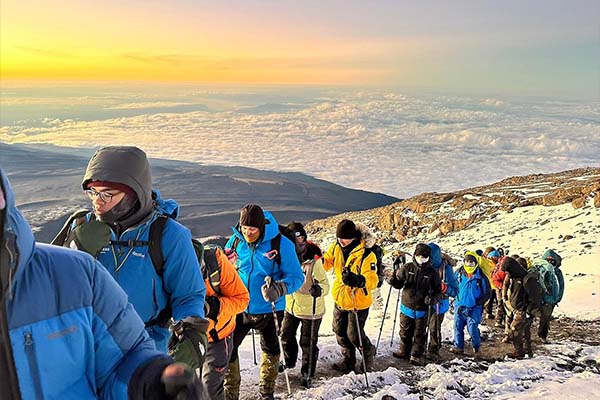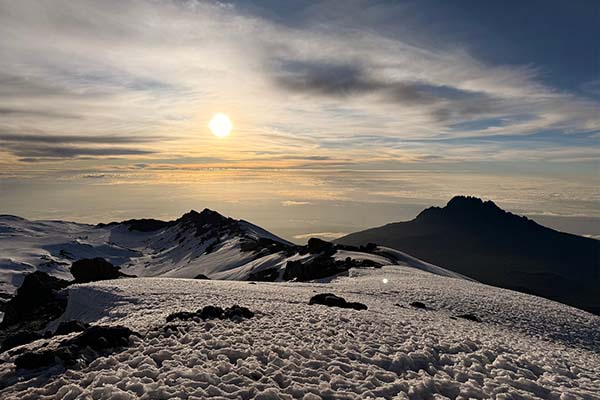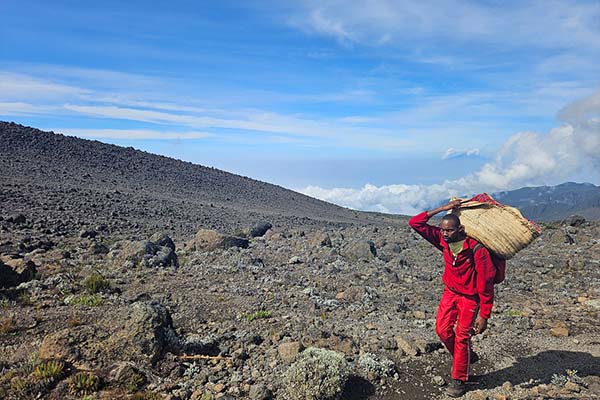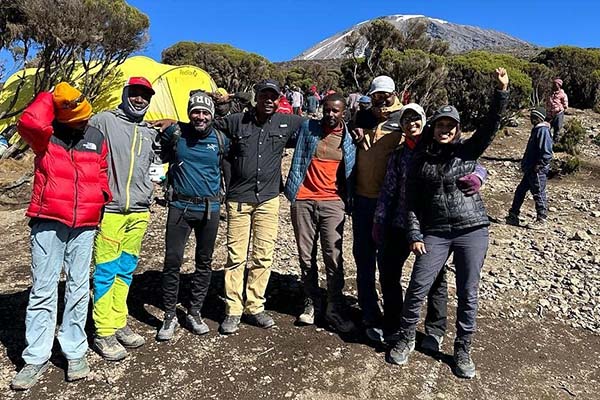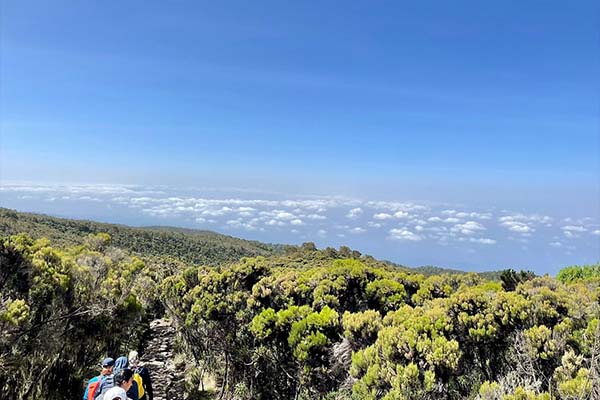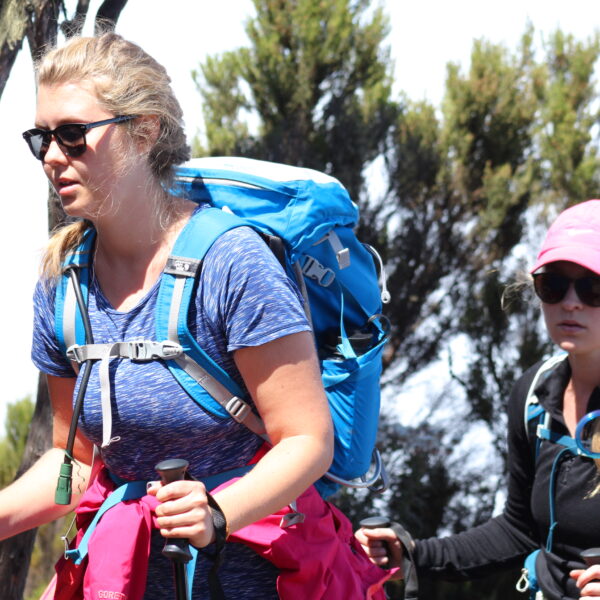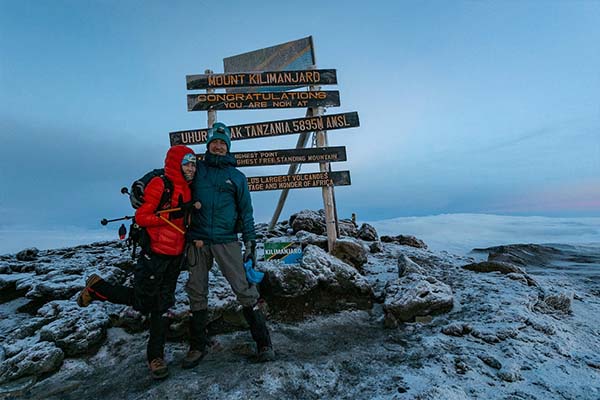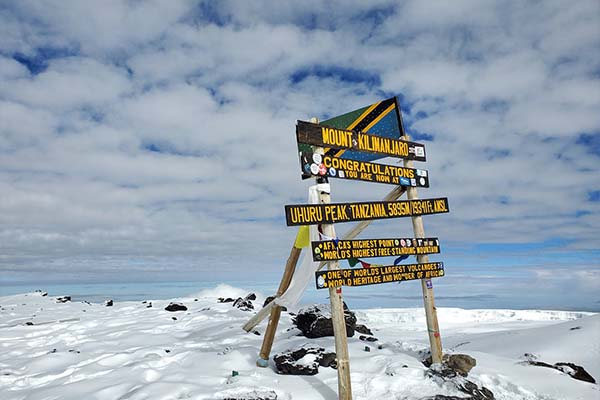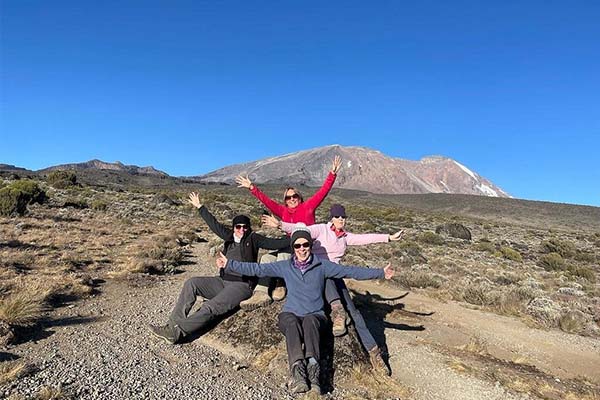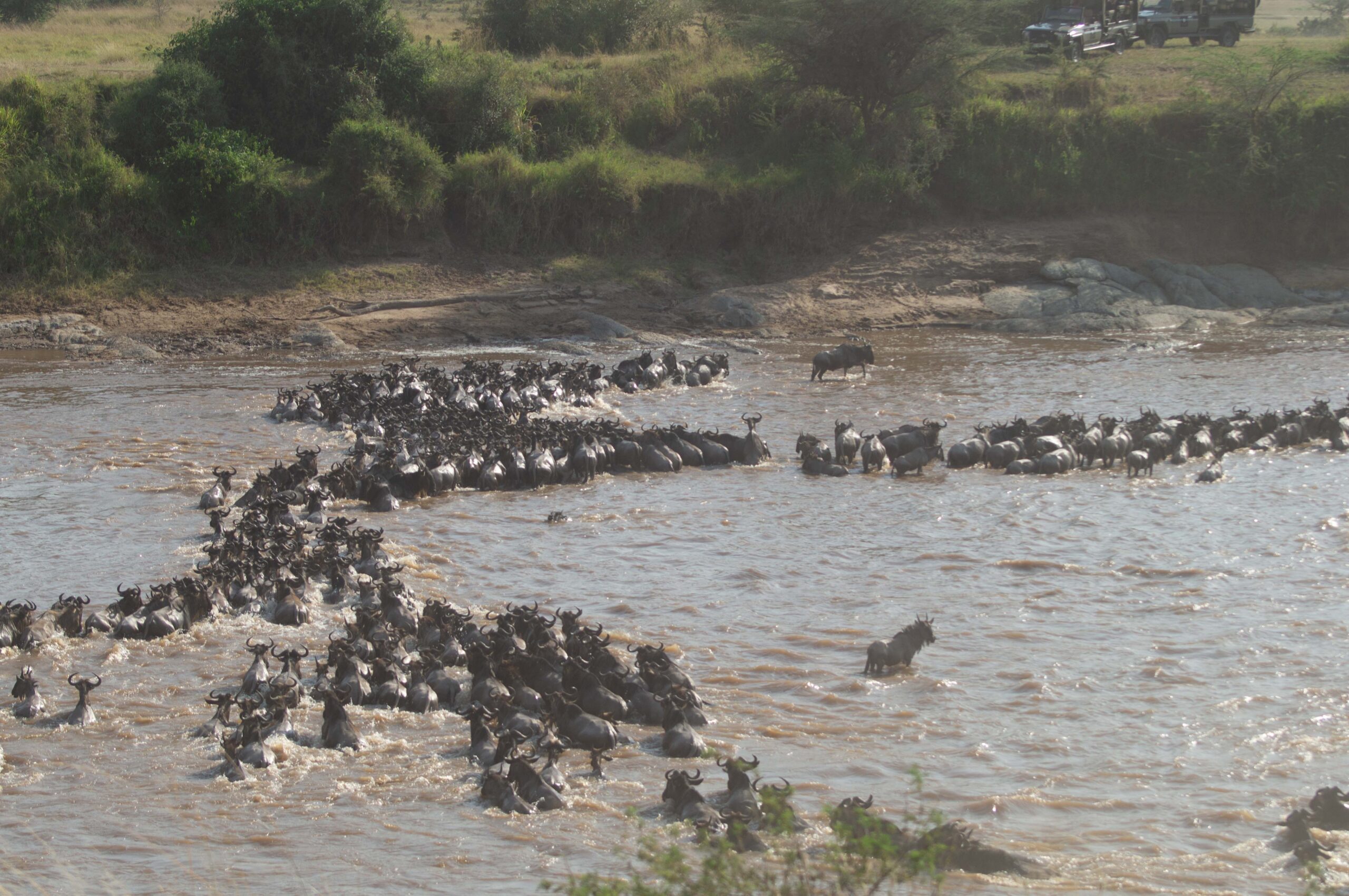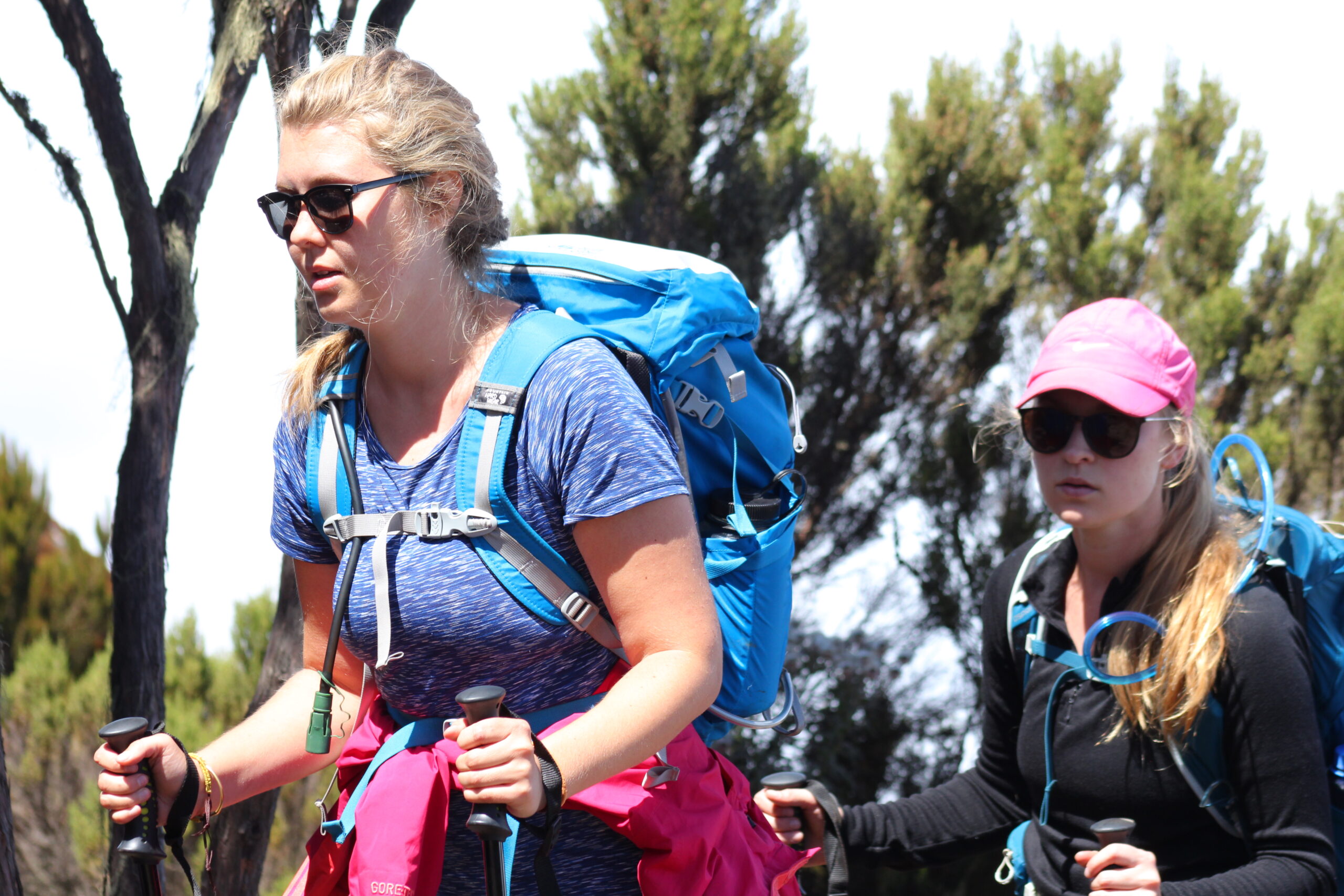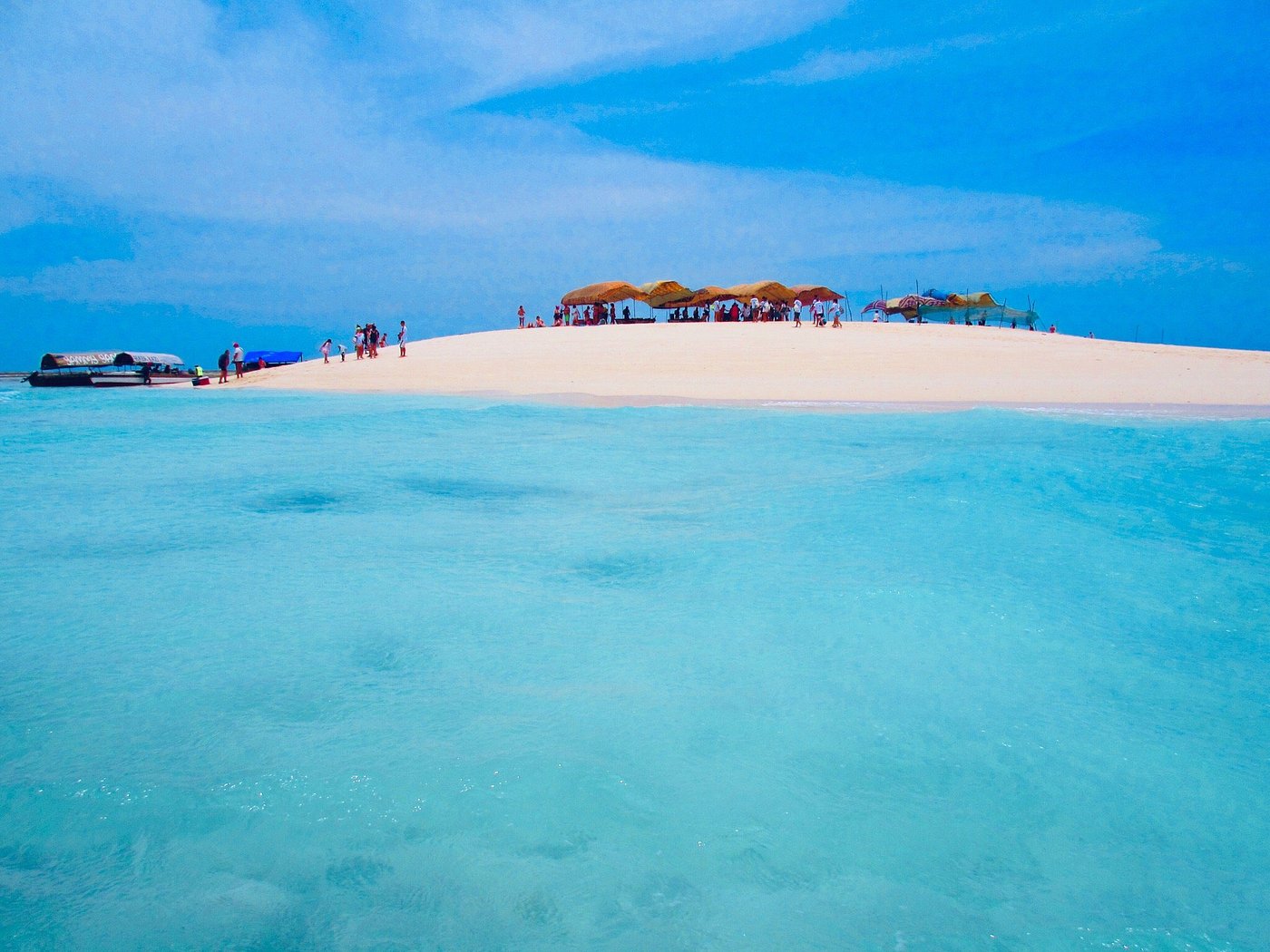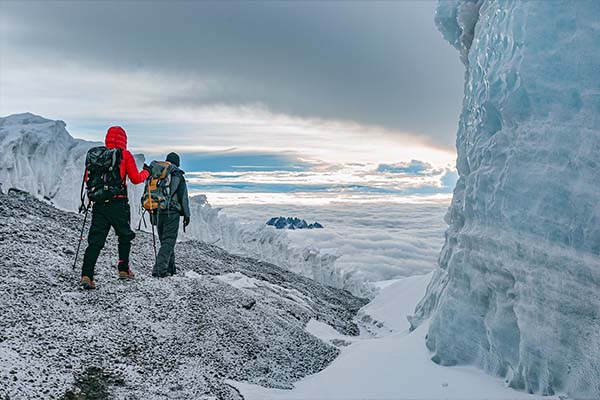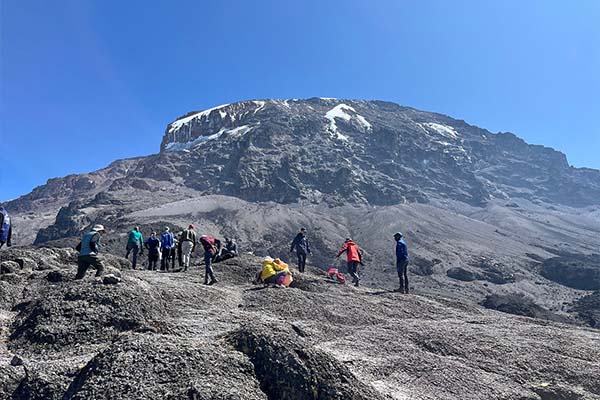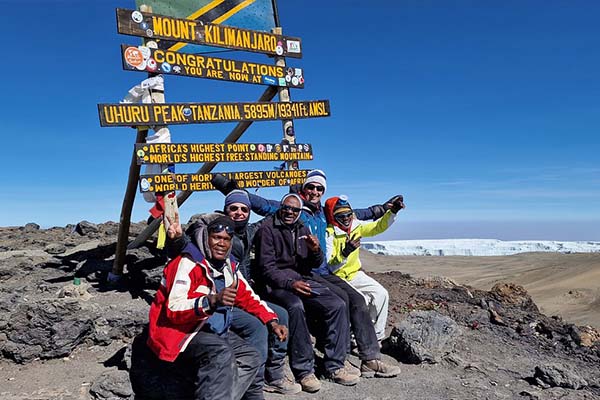Embark on Kilimanjaro Northern Circuit Route 9 Days an extraordinary 11-day journey along Mount Kilimanjaro’s Northern Circuit Route, the mountain’s newest and most scenic path. This route offers unparalleled panoramic views, a tranquil trekking experience away from the crowds, and the highest success rate for summiting due to its extended acclimatization period. Traversing diverse ecosystems—from lush rainforests and alpine deserts to the arctic summit—you’ll experience the full grandeur of Africa’s tallest peak.
Tour Highlights on Kilimanjaro Northern Circuit Route 9 Days
- Extended Acclimatization: The longer duration allows for better adaptation to altitude, increasing summit success rates.
- Scenic Diversity: Traverse varied landscapes, including rainforests, moorlands, alpine deserts, and glaciers.
- Secluded Trails: Experience the serenity of less-traveled paths, offering a more intimate connection with nature.
- 360° Mountain Views: Enjoy panoramic vistas from the northern slopes, rarely seen on other routes.
- Wildlife Encounters: Spot unique flora and fauna, including colobus monkeys and diverse bird species.
